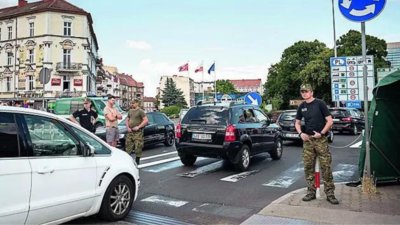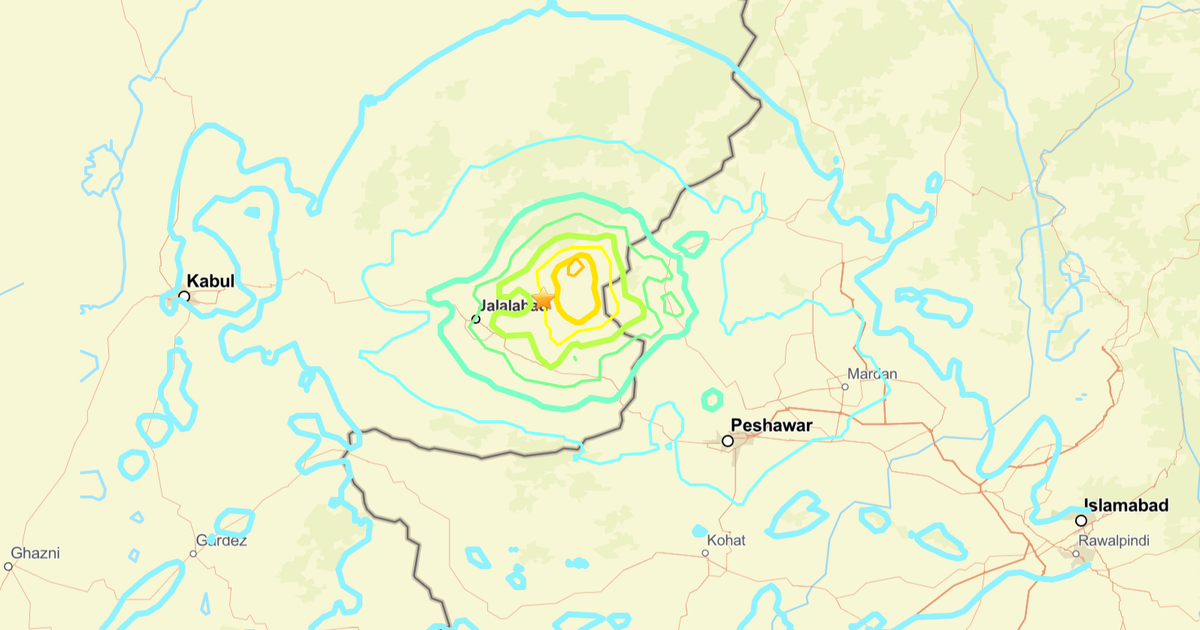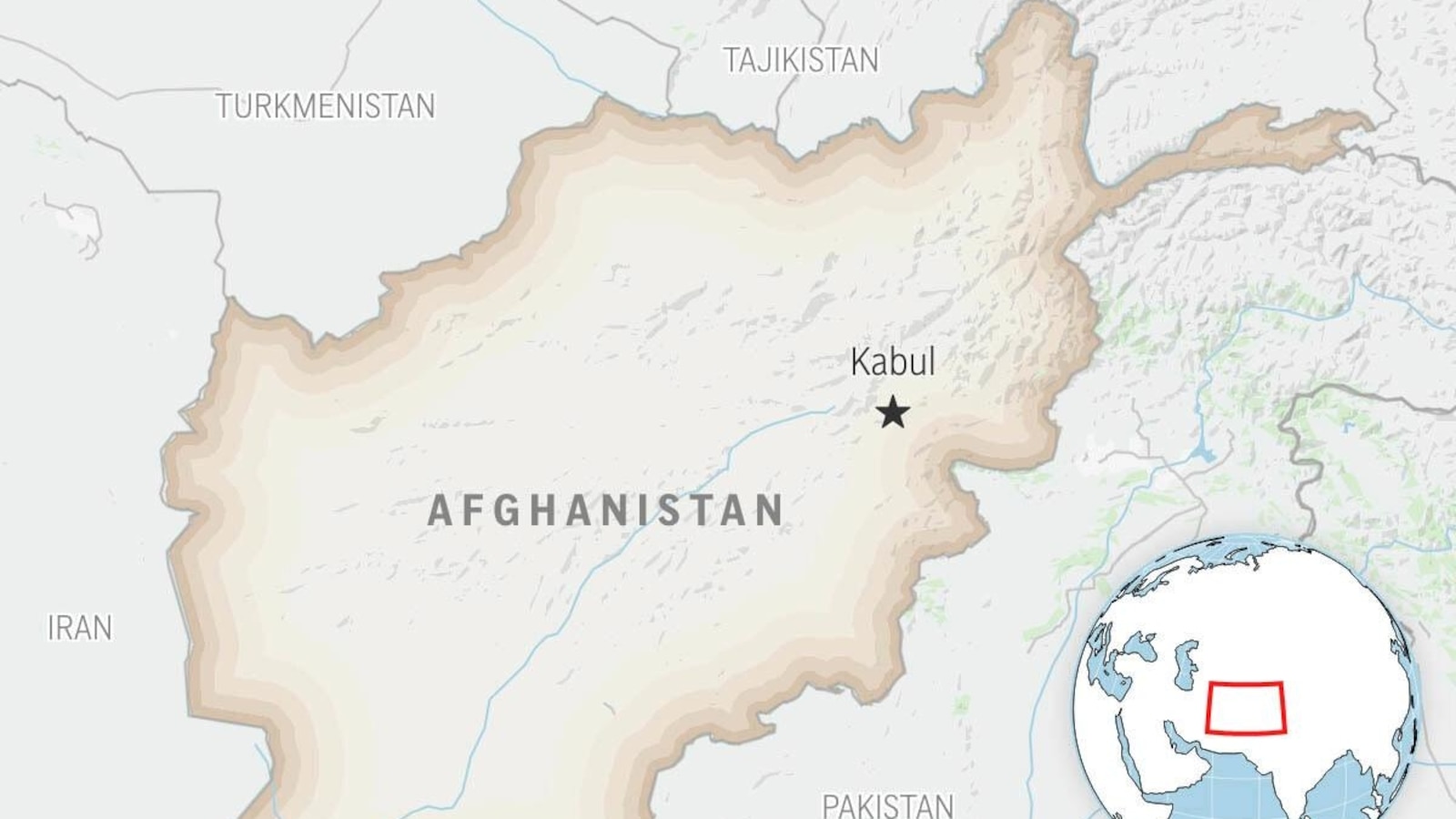
Traffic snarled up in Slubice, Poland, near the border with Germany (Picture credit: NYT)
SLUBICE (POLAND): The No 983 bus braked shortly after it crossed the Oder river from Poland into Germany, easing inside a large tent and stopping. German officers boarded, pulled off a man with gray hair and stuffed luggage for further inspection, then sent the driver on his way.
The delay took about eight minutes. It was an example of a headache that has become routine for people crossing between the two countries as Germany makes a public show of cracking down on migration.Amid a voter backlash over the millions of asylum-seekers who entered the country over the past decade, German officials have thrown up checkpoints to search vehicles crossing their borders from all sides. Neighbouring countries have followed suit, including Austria and, starting last week, Poland.The checkpoints are beginning to undermine the ideal of free movement in European Union. In a series of agreements beginning 40 years ago, EU members effectively declared they would allow one another's citizens to cross without having to clear border security. But the pacts allow them to temporarily reimpose controls "as a last resort" in the event of a serious threat to security or public policy. Germany, Poland, Austria, France, Italy and the Netherlands have all cited immigration concerns when reinstating border checks this year.
Enhanced checks have stopped 110 migrants per day on average from entering Germany since early May, when the new govt, under Friedrich Merz, tightened security procedures, interior ministry officials said. That's up from 83 per day in the first four months of the year. The checks are snarling traffic and annoying commuters, long-haul truckers and other travellers. They are squeezing, at least temporarily, the tendrils of commerce that have grown between towns like Frankfurt an der Oder, Germany, and Slubice, Poland, which lie on opposite banks of the Oder river.The additional security has spawned protests, often from citizens angry Germans are searching cars coming in from their countries. Dutch citizens acting as vigilantes have stopped cars on their way in from Germany to check them for migrants. In Poland, right-wing groups have vowed to turn back any migrant that Germany rejects at its border. "The policy shift has begun," the interior minister, Alexander Dobrindt, said last week, in which he claimed credit for plunging migration numbers. "And it's working." In the twin cities on the Oder river, many locals disagree. "We do not have a migration crisis here," said Tomasz Stefanski, Slubice's deputy mayor. "The idea of EU is really quite shaky at the moment, as is freedom of movement across borders."

 1 month ago
23
1 month ago
23










 English (US) ·
English (US) ·